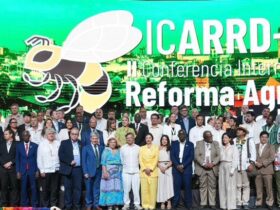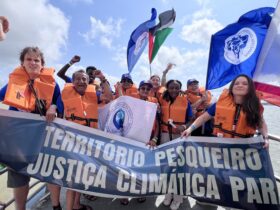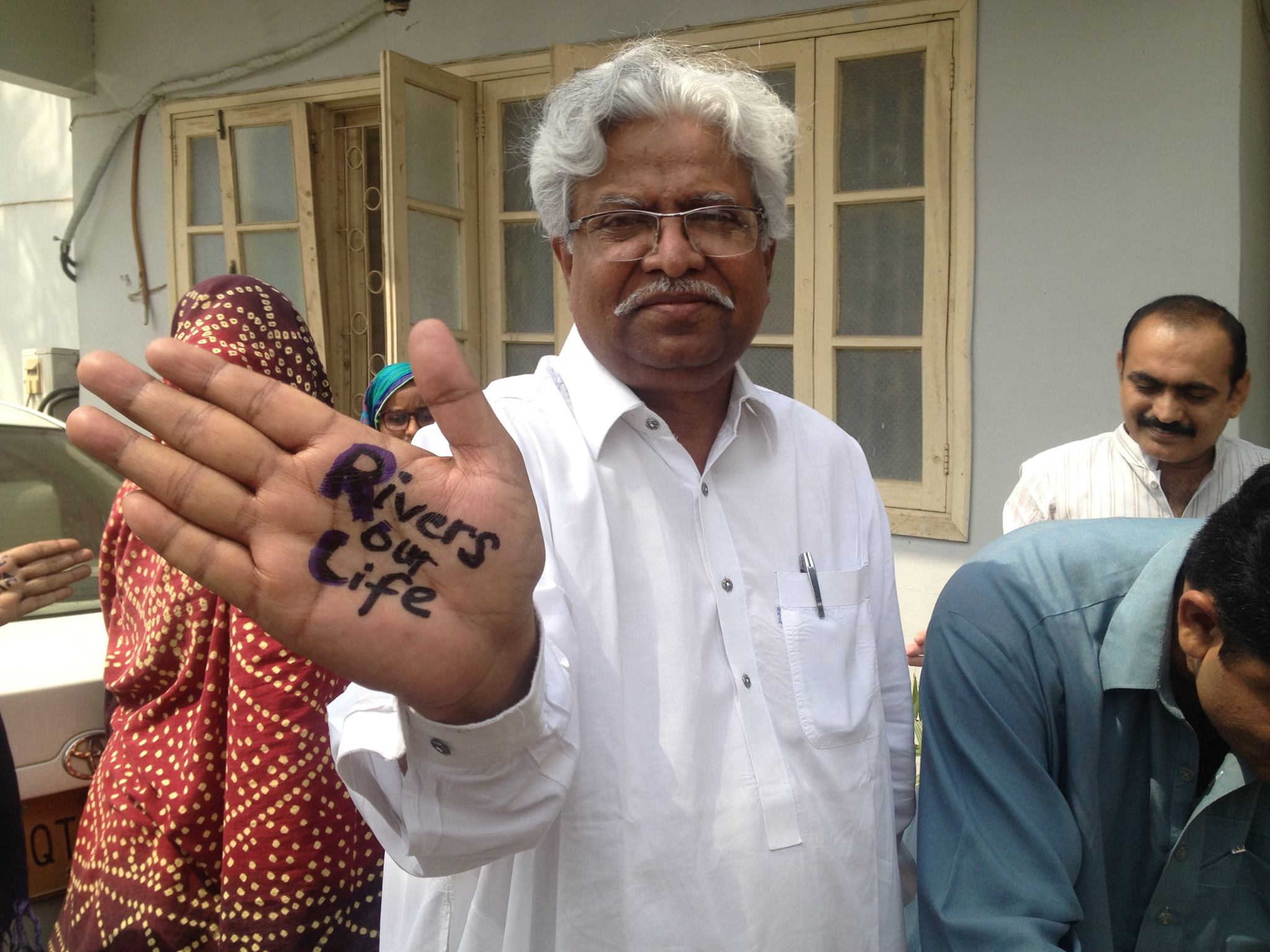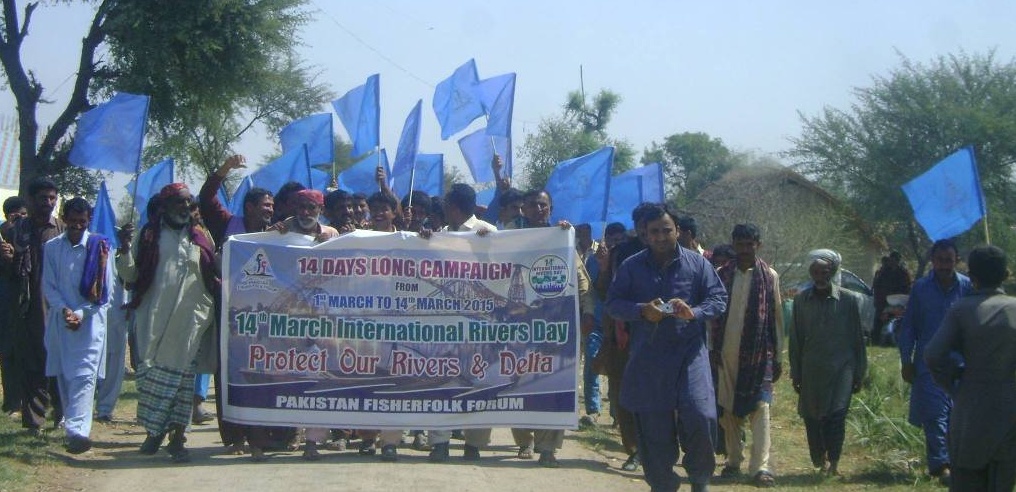The WFFP urges for better protection of small-scale fishers at the inter-governmental working group of the Human Rights Council on the rights of peasants, fishers and other people working in rural areas.
Since the global food crisis of 2008, the UN Special Rapporteur on the right to food, Olivier De Schutter, has emphasized that peasants and other people working in rural areas needed stronger protection from the effects of the global food crisis and highlighted their rights to land and fisheries. This emphasis has been echoed by the WFFP, La via Campesina and other social movements over the years and informed new international instruments such as the International Guidelines of Securing Sustainable Small-scale Fisheries (SSF Guidelines). In 2010, it also led to the decision by the United Nations Human Rights Council to negotiate a Declaration on the Rights of Peasants and other people working in rural areas (the peasants declaration) and an open-ended working group was established under the Human Rights Council to negotiate this declaration.
The first negotiations took place in Geneva in July 2013 and recently, on 2-6 February 2015, the working group held its second session where Mr. Muhammad Ali Shah, coordinator of the WFFP and leader of the Pakistan Fisherfolk Forum, participated on invitation by the Foodfirst Information and Action Network (FIAN). The consultative status with the Council held by FIAN opened the door for WFFPs participation back in 2013 and the WFFP has participated in the process since then. According to Mr. Ali Shah “the participation is another step in the fight against Ocean Grabbing and in ensuring that the rights of our fisher peoples across the world are protected and promoted by states.”
The negotiations have now entered a critical stage where the actual text is being negotiated. This offers concrete opportunities for the WFFP to ensure that rights not already explicitly addressed in other United Nations legal instruments becomes enshrined in the declaration.
The negotiations leading to the SSF Guidelines were based on inputs from fisher peoples across the world via national and regional level workshops, and ensured that most of the demands and interests of the world’s fishers were met. However the process was also diplomatic and social movements had to let go of some specific rights of fisher peoples. The negotiations on the peasants declaration offer an important opportunity for the WFFP to address these gaps.
Furthermore, it is acknowledged by the WFFP and in a report by the Geneva Academy of International Humanitarian Law and Human Rights that the current draft focusses on peasants in particular and does not sufficiently and explicitly include the rights of fisher peoples. According to Mr. Ali Shah this is the most important issue to address and he explains that,
“the negotiations offers WFFP with the opportunity to ensure that small-scale fishers are properly defined in the actual text. Without a clear definition of who we are, this declaration provides little hope for our protection”.
The importance of the declaration is also clearly illustrated in a report of the open-ended working group prepared by the Chairperson-Rapporteur, Ms. Angélica C. Navarro Llanos of Bolivia: a key objective of the declaration is “to make visible the extreme vulnerability of peasants and other people working in rural areas, and to provide this very large group of people with more visible, adequate and specific protection under international human rights law”. Furthermore, another objective of the declaration is “to adopt a holistic approach that covers gaps in international instruments in a manner that builds on, and does not weaken, existing instruments. This aim aligns the declaration with other standard-setting initiatives in the United Nations.”
The second session of the open-ended working group held on 2-6 February 2015 was attended by officials from over 50 governments, including many countries where WFFP have active members. Hence, it was a crucial platform and opportunity to emphasise the urgent need for better protection the rights of fisher peoples. It was also the first step in the process of negotiating the actual text of the declaration.
The third session of the working group is planned for early 2016, which gives the WFFP time to engage on the contents of the draft declaration. According to Mr. Ali Shah, this is a critical moment for the WFFP to take a closer look at the text. Mr. Ali Shah further explains that the WFFP needs to use this year to propose actual and concrete amendments to the text and to ensure that this is done in collaboration with FIAN, ICSF, World Forum of Fish Harvesters and Fish Workers and La Via Campesina. He emphasizes the importance of working together with La Via Campesina because the entire process of developing the declaration is rooted in the struggles for the human rights of peasants. For example the first draft of the declaration was informed by the Declaration on the Rights of Peasants – Women and Men adopted by La via Campesina in 2008





Leave a Reply